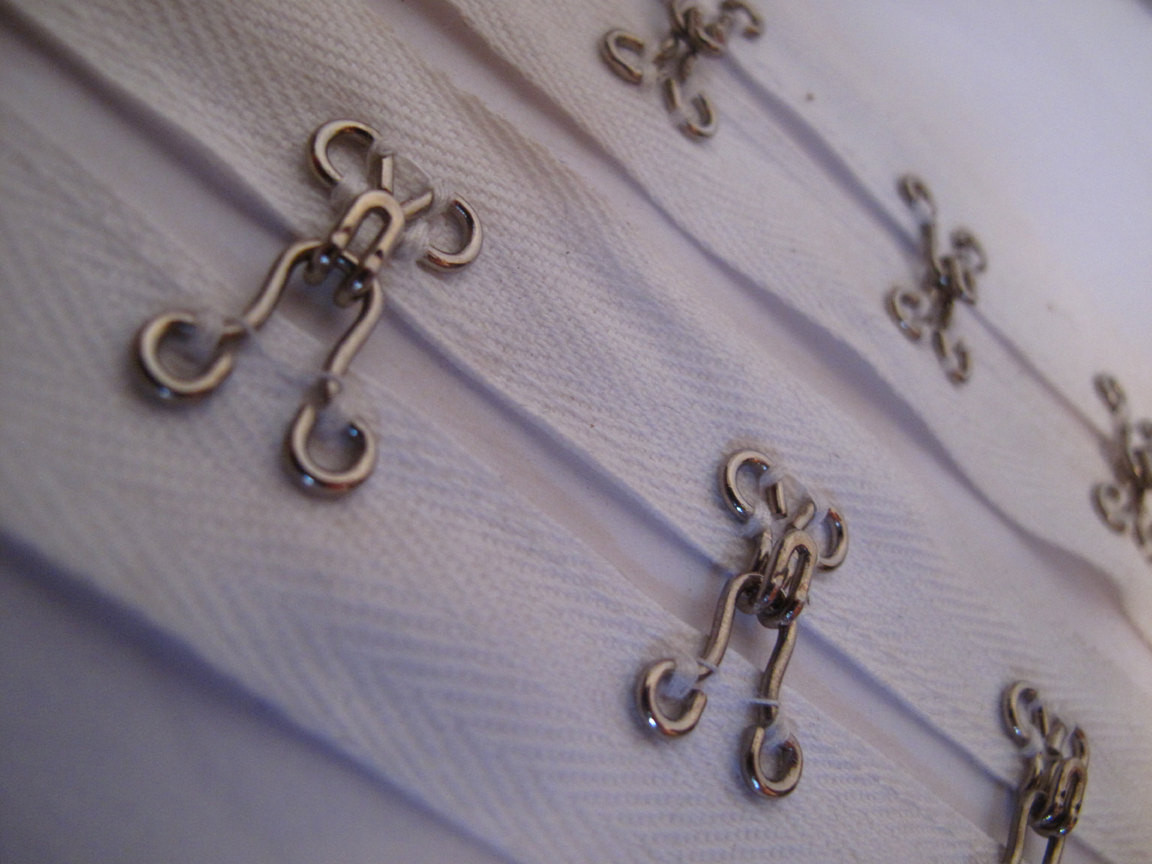The definition of fasteners as stated from Wikipedia is:
a hardware device that mechanically joins or affixes two or more objects together.
Is the definition of mechanical here sense 10 from Dictionary.com? I was confused because I figured the use of fasteners doesn't necessarily require machinery so if it's not the definitions related to machinery then it must mean the physical forces that you apply to the fastener when used to join things together?
Me∙ chan∙ i∙ cal [muh-kan-i-kuh l]
adjective
- having to do with machinery: "a mechanical failure."
- being a machine; operated by machinery: "a mechanical toy."
- caused by or derived from machinery: "mechanical propulsion."
- using machine parts only.
- brought about by friction, abrasion, etc.: "a mechanical bond between stones; mechanical erosion."
- pertaining to the design, use, understanding, etc., of tools and machinery: "the mechanical trades; mechanical ability."
- acting or performed without spontaneity, spirit, individuality, etc.: "a mechanical performance."
- habitual; routine; automatic: "Practice that step until it becomes mechanical."
- belonging or pertaining to the subject matter of mechanics.
- pertaining to, or controlled or effected by, physical forces.
- (of a philosopher or philosophical theory) explaining phenomena as due to mechanical action or the material forces of the universe.
- subordinating the spiritual to the material; materialistic.

